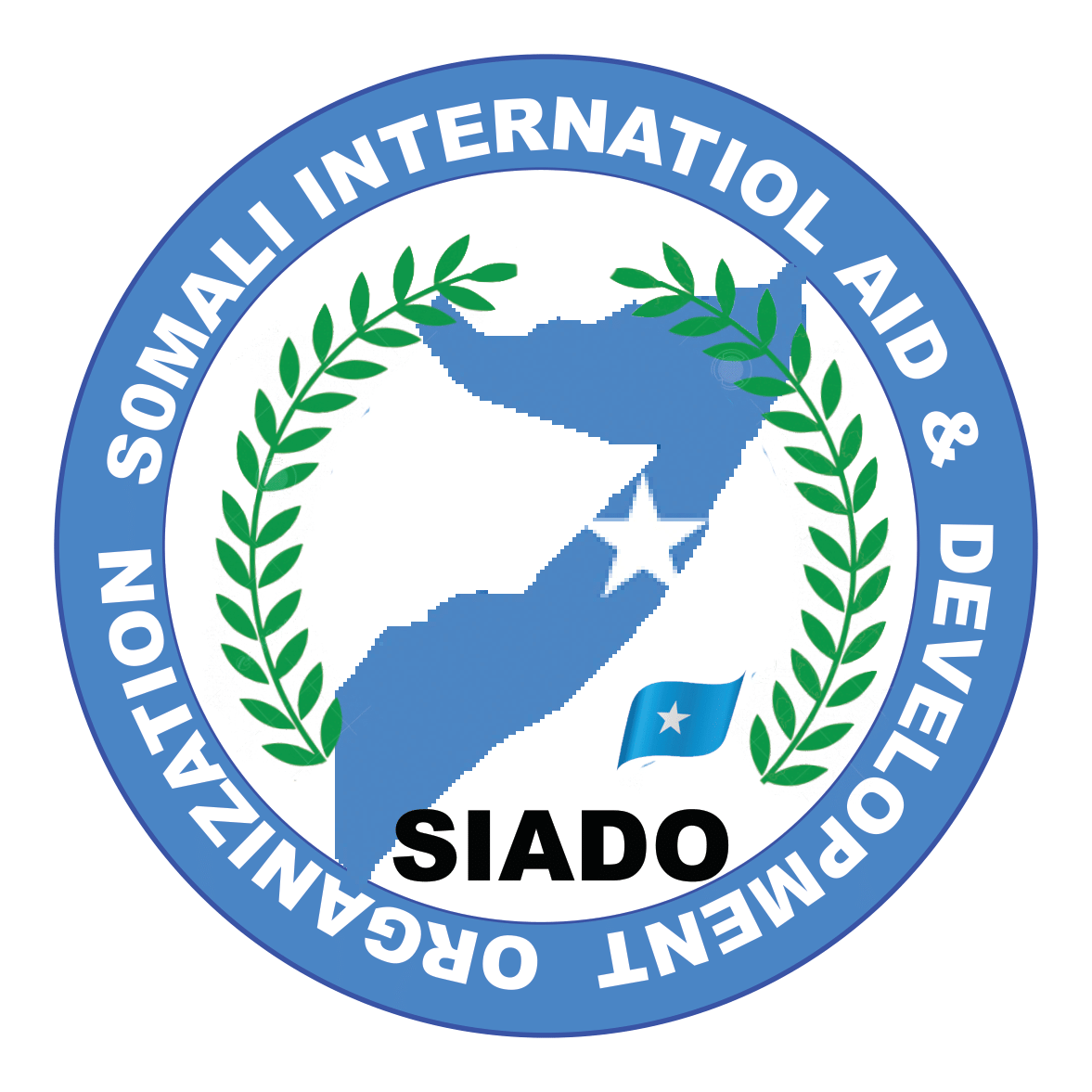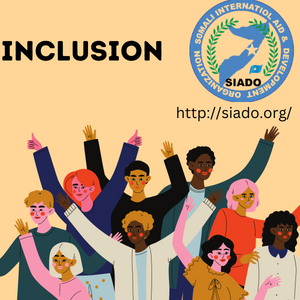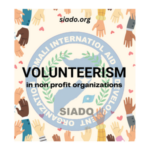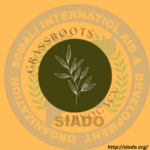inclusion is a fundamental principle that has the power to transform communities and improve the lives of individuals. In the non-profit sector in Somalia, inclusion is particularly important, given the country’s history of conflict, political instability, and social and economic inequality. The non-profit sector has an important role to play in promoting inclusion and breaking down barriers in order to build a more just and equitable society.
One of the key barriers to inclusion in Somalia is cultural and ethnic division. Somalia is a diverse country, with a rich cultural heritage and a mix of different ethnic groups. However, these differences have sometimes been used to divide communities and fuel conflict. The non-profit sector has an important role to play in promoting unity and bridging these cultural and ethnic divides. By creating inclusive programs and promoting dialogue and understanding between different groups, NPOs can help to break down these barriers and create a more united and inclusive society.
Another major barrier to inclusion in Somalia is poverty and economic inequality. Poverty affects large segments of the population and limits access to education, health care, and other basic services. Economic inequality is also a major challenge, with a small elite controlling much of the wealth and resources of the country. NPOs have an important role to play in addressing these issues by providing support and opportunities to the most vulnerable and marginalized communities. Through programs that promote economic empowerment and provide access to education, health care, and other essential services, NPOs can help to break down these economic barriers and create more inclusive and equitable communities.
Gender is another important factor that affects inclusion in Somalia. Women and girls face significant barriers, including unequal access to education, employment, and political representation. NPOs have an important role to play in promoting gender equality and breaking down these barriers. Through programs that promote women’s empowerment and gender equality, NPOs can help to create a more inclusive and equitable society.
Disability is another major barrier to inclusion in Somalia. People with disabilities face significant barriers to accessing education, employment, and other basic services. NPOs have an important role to play in breaking down these barriers by promoting accessibility and inclusiveness in all of their programs and activities. This includes ensuring that their programs are accessible to people with disabilities and that they are actively working to promote the rights and inclusion of people with disabilities.
inclusion is essential for building a just and equitable society in Somalia. The non-profit sector has an important role to play in breaking down the barriers that prevent individuals and communities from participating fully in society. This includes addressing cultural and ethnic divides, promoting economic empowerment and gender equality, and promoting the rights and inclusion of people with disabilities. By promoting inclusion and breaking down these barriers, NPOs can help to build a more united and inclusive society, where everyone has the opportunity to participate and contribute to the development of their communities.



